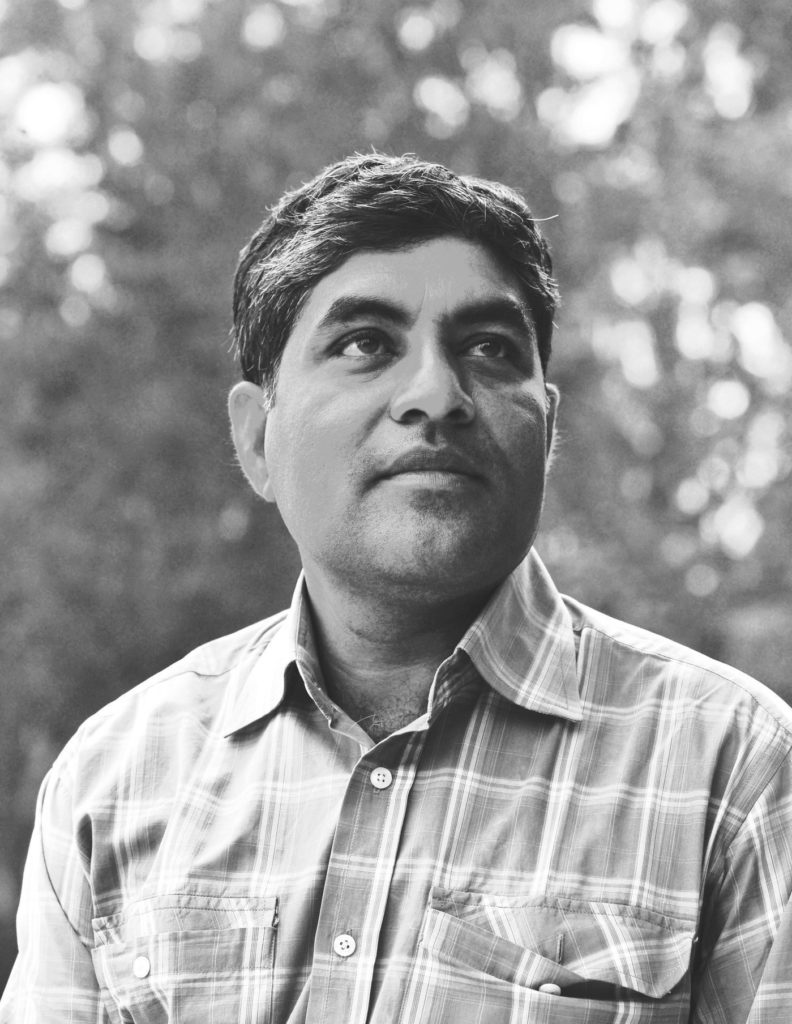‘REPEAT a lie often enough and it becomes the truth’, is a law of propaganda often attributed to the Nazi Joseph Goebbels. The Bangladesh government seems to have studied Goebbels’ book well. The lies generally come in the form of denials. ‘No, we have not been involved in “crossfire” and “disappearances”.’ ‘There is no political motive.’ ‘No one will be spared.’ ‘The elections were fair.’ ‘The judiciary is independent,’ the list goes on. The lies are repeated ad nauseam in political rallies, in talk shows, in press briefings and through social media trolls.

‘We do not condone any such incident and will bring the responsible officials to justice’ said the foreign minister Dipu Moni at the Universal Periodic Review of Bangladesh at the Human Rights Council in Geneva on February 4, 2009 in response to accusations that the government was involved in ‘crossfire,’ a Bangladeshi euphemism for extra-judicial killings. She added that the government would show ‘zero tolerance’ to extra-judicial killings, or torture and death in custody. Indeed, doing so was part of the election campaign for the Bangladesh Awami League when they were in the opposition. As often happens however, once elected, their position changed, and ‘crossfire’ has become so integral to the Bangladeshi lingo that MPs now use the term in parliament, ‘You are allowing crossfire as part of a fight against drugs. Then why aren’t you doing the same in case of rape?’ Continue reading “The journalist who got too close”

 January 6, 2015
January 6, 2015